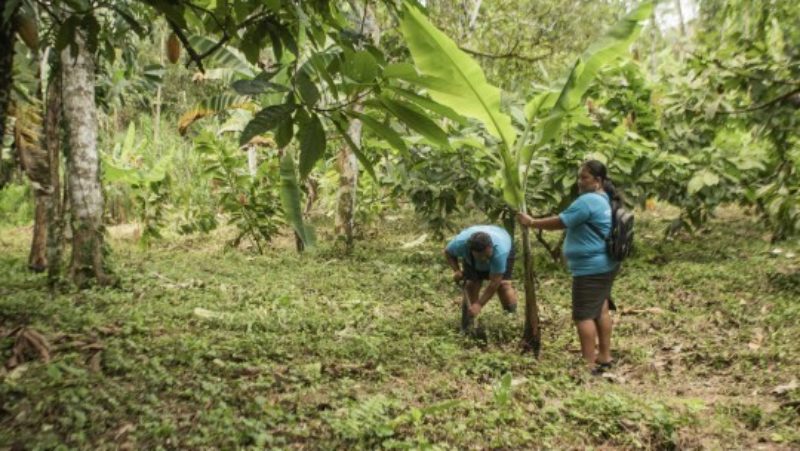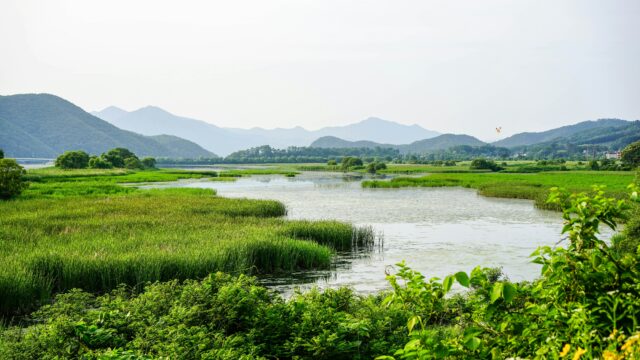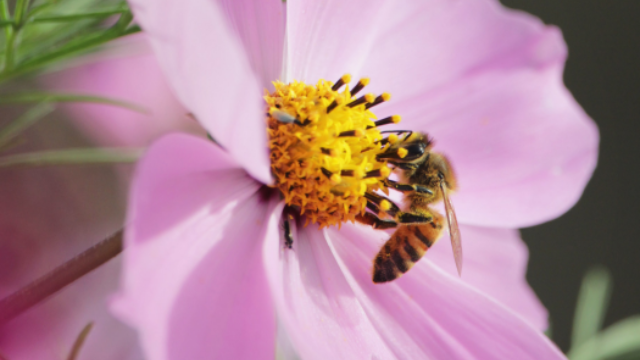New blog series examines approaches to the nature and climate crises
Together with IIED, we're launching a series to question how conservation and climate change adaptation can work for nature and people.

We have co-launched a new series of blogs with IIED to call into question the dominant approaches to conservation and climate change adaptation, and to discuss local approaches that work for nature and people.
The 'super year' for people, nature and climate is critical to framing global policy solutions in response to the triple crisis of climate change, loss of nature and rising inequality.
The climate change and conservation movements increasingly recognize that the adverse effects of climate change and loss of nature will exacerbate existing inequalities and vulnerabilities for many Indigenous Peoples and local communities, stressing the need for a just transition to a sustainable world for all.
The new blog series 'Putting social and environmental justice at the core of conservation, climate and development' aims to critically analyze trends in the climate and conservation fields, highlight conservation models controlled and run by Indigenous Peoples and local communities, and identify and showcase examples of good practices in the era of climate justice.
“ There is something fundamentally illogical about claiming to protect nature without the people who live there. What we are asking, above all, is that all stakeholders in the forestry sector consider us, the Indigenous forest peoples.”
Over the coming months, blogs in this series will feature a diversity of voices presenting different perspectives and positions from Southern-based civil society organizations and researchers, Indigenous Peoples and local communities, and international organizations highlighting decades of unjust and exclusionary approaches to environmental protection.
We will hear from:
- Indigenous activists from the Bagyeli and Baka communities, discussing how the Cameroonian law and conservation initiatives have rendered Indigenous communities squatters in their own forest and what they're doing to stop it
- Joe Eisen, executive director of Rainforest Foundation UK , and Blaise Mudodosi, coordinator of Action pour la promotion et protection des peuples et espèces menacés (French language website), discussing the potential consequences of the '30x30' biodiversity conservation objective on the rights of Indigenous Peoples
- The Mesoamerican Alliance of Peoples and Forests , exploring ways to enhance access to climate finance for Indigenous Peoples and local communities
- Nicky Batang-ay of Tebtebba , the ground-breaking Indigenous rights organization, sharing the position of Indigenous Peoples on so-called 'nature-based solutions' to climate change and biodiversity loss
Further bloggers will be confirmed.
- Read the first blog in this series '30x30 - a brave new dawn or a failure to protect people and nature?'
Image credit: Talamanca Cabecar, an Indigenous territory in Costa Rica (Photo: copyright Mesoamerican Alliance of Peoples and Forests )


